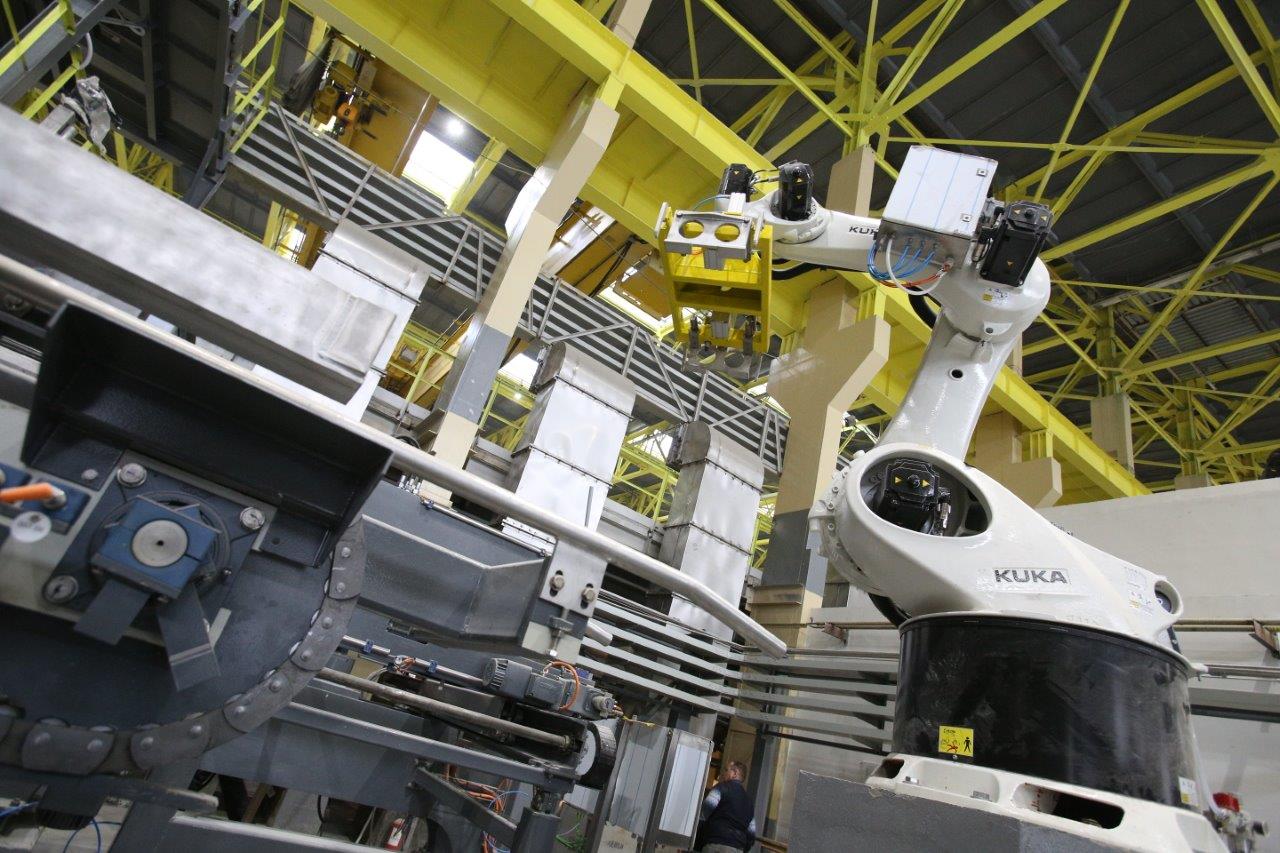A new page in the history of the largest fortunes began with the advent of industry, which allowed private entrepreneurs to start building industrial empires.
The answer to the question of who was the richest man in history can be neither simple nor precise.
The first difficulty lies in the structure of wealth. The richest people of the ancient world owned not only precious metals and stones, real estate and livestock – their fortunes included colossal land plots, often entire countries, as well as thousands or tens of thousands of people, sometimes enslaved into real slavery, sometimes just subjects, all the same fully subordinate to the ruler. Ancient societies were most often absolute monarchies, and the concentration of power in them led to the fact that the centers of wealth almost always coincided with the centers of government; the richest person was the monarch, and private capital could not compete with the state of the ruler.
The second difficulty is purely countable. Accurate conversion of the value of historical assets into modern money involves assumptions: for example, two centuries ago, a horse was the equivalent of a modern car. In addition, it is necessary to take into account inflation, at least for the period during which the currencies of the currently existing states circulate.
Finally, if the modern equivalent of the value of gold, silver, land and buildings can be obtained, albeit with assumptions, then the economic effect of slavery cannot be estimated. The history of slavery and the slave trade is described in detail in the comprehensive four-volume study “Cambridge World History Of Slavery”.
Labor, land and capital are the three main factors of production, and in the industries that formed the basis of the ancient economy (construction, handicrafts), the share of labor was more significant than today.
The slave owner got this factor for free, more precisely, at cost – at the price of food and housing. An attempt to estimate how many machines the head of a slave corresponds to can only be very conditional.
The richest people in history
Nevertheless, lists of the richest people in history have been compiled repeatedly. One of the good and scientifically truthful is the compilation compiled by Time magazine: from historical characters it included Genghis Khan (without an estimate of the amount), the Breton knight Alain the Red ($ 194 billion), the padish of the Mughal Empire Akbar the First Great (without an estimate of the amount), the Chinese emperor Shen-zong (no estimate of the amount) and the Roman ruler Octavian Augustus. Researchers agree that the first line is occupied by Mansa Musa, the ruler of the state of Mali in the middle of the 14th century AD. His fortune is conservatively estimated in the range of $300-400 billion in modern terms. Due to the conventionality of calculations, the list sometimes includes the Hyderabad Nizam, William the First Conqueror, and the Russian Emperor Nicholas II (a conditional capital estimate of $300–900 billion).
Most ancient states were dynastic. The richest monarchs of the planet at best multiplied their inheritance. Although, for example, Emperor Mark Licinius Crassus managed to increase his family fortune several dozen times over the years of his reign: having inherited about 300 talents, he turned them into 7100 in a few years (Plutarch’s estimate. By the end of his life, Pliny estimated his wealth at 200 million sesterces — about $9 billion in current value.
A new page in the history of the largest fortunes began with the advent of industry, which made it possible to create large production facilities owned by private entrepreneurs, and then industrial empires. The list of the richest families whose wealth was formed during the industrial age is well known: the Rothschilds, who still own a colossal financial conglomerate, John Rockefeller, who owned Standard Oil and at the time of his death had assets of about $ 340 billion. Even more accurately, you can estimate the estate of Andrew Carnegie: in 1901, he sold the Carnegie Steel Company to J.P. Morgan for $480 million, or about $310 billion at current prices. The assets of Henry Ford and Cornelius Vanderbilt were comparable in size.
Ideologically, the first raw capital was still earned dishonestly, and Rockefeller’s phrase “I can account for every million, except the first” is true for most of his colleagues in the shop. It is believed that the oilmen of the early 20th century, in the fight against competitors, did not hesitate to use illegal methods and physical force in order to gain a foothold and strengthen their dynasty, protecting it from attacks, de facto using the same tools that kings used to protect and develop their empires. . At the same time, they were already entrepreneurs, albeit raw ones, creating their empire practically from scratch, using their intelligence and business acumen, being within the limits imposed by states and governments. In all cases, the construction of industrial conglomerates was a lengthy process,
The character traits necessary for success in that era were specific: future resource billionaires had a sharp mind, had maximum rigidity and fearlessness, knew how to negotiate and go to the end. Their qualities largely coincided with those of the rich of antiquity.

Soon the dominance of resource billionaires began to come under pressure from industrial billionaires, who were much faster, understood how to make a business autonomous, and, in fact, did not seize assets, but built factories, created a process that allowed, by attracting technology and people, to maximize make profit quickly. As a result, their enrichment period was much shorter, a decade or two was enough to build an industrial empire. A good example is Henry Ford, who pioneered the assembly line and became a billionaire fairly quickly, in just a decade. From the moment the Detroit Automobile Company was founded to its full consolidation, only 20 years have passed. By this time, Ford had managed to produce 15 million vehicles.
Of course, at this stage, the qualities necessary for success have evolved. Connections were needed, or the ability to make them. The circle of contacts was important, including with predecessors – resource billionaires, the ability to quickly negotiate, use resources, and find access to them. At the same time, the industrialists did not need to be so tough. It is clear that most likely they were breaking the law somewhere, they probably took a creative approach to issues in the tax sphere, but competition in the markets has turned from a resource one into a product one. In addition, by this time quite strong social groups had already formed, such as meetings and trade unions of workers, which also influenced the behavior of entrepreneurs, did not allow them to use the harshest of the methods previously available to raw material billionaires.
For more than 50 years, the algorithm for making a billion dollars has remained more or less the same as it was during the years of Henry Ford: starting production, expanding it, rebuilding processes, maximizing the effect of scaling. The next wave of big fortunes and the next earning paradigm became a reality in the age of tech corporations.
Billionaires in the age of technology
Unlike the industrial billions, the tech billions were made from disruptive technologies and building a “garage economy” that grew into a corporation; Microsoft and Apple are garage companies. Knowledge became the basis for the development of technology companies, and the most important qualities of future billionaires were creativity, speed of thinking and involvement, faith in their technology. Capital has ceased to be a problem: the European and American markets have formed a full-fledged infrastructure, which included exchanges, investment funds and the well-established practice of investments by individuals (which we now call angel investors).
Of course, there is a difference between states created by hardware and software. “Hardware” billionaires were closer to industrial ones, the approach to organizing manufacturing companies in the field of electronics, computing, computers and peripherals is very similar to other industrial corporations. Future “software” billionaires had to be very light at the start, manage a large number of communications, have a broad outlook and, moreover, be able to take their business outside their native country. The success of most software products lay in the developers’ ability to make their solution international and the way they do business cross-border, allowing them to use cheap labor in other countries. It was this trend that laid the foundation for the model that became freelancing in the future.
The terms of gaining large fortunes were noticeably reduced. The founders of technology businesses amassed fortunes in the hundreds of millions of dollars in five to seven years. For example, Apple was registered in early 1977, and already at the end of 1980 held an IPO, which provided it with a capitalization of $ 1.7 billion. This placement made about 300 people from among the employees and investors of the company millionaires, and share of Steve Jobs was valued at $ 217 million. The key success factor was not a resource, technology or a utilitarian product, but something more – attention to the interface, design, user experience.
The further development of the technology segment was noticeably simplified, since during this period an ecosystem was created, an environment within which it became possible to repeat the success of technological “unicorns” again and again. It was necessary to ensure that each user had a personal computer, after which its consumption (through software products) became almost unlimited: unlike food, where the physiology sets the limit, IT solutions are multiple, diverse, and their success with the user depends on creativity of the creators, understanding of psychology, sociology and work with behavioral factors.
The next breeding ground for fast and easily replicated products was the Internet. It was the advent of social networks that allowed Facebook and Google to become global corporations worth tens of billions of dollars. The factors of success and the release of value (and, as a result, the wealth of the founders) in this environment are even further from the physical: leaders become those who better understand society, creatively look at solving problems or even setting them, who are able not only and not so much to develop products, how much to gather intellectual teams around you.
At the moment when all the basic needs for communication were satisfied and life in this connection accelerated as much as possible, the next round of the appearance of billions formed at the junction of offline and online: entrepreneurs thought that it would be good to speed up and automate the usual human life – movement, shopping, even food. Dozens of companies like Uber, AirBnB, and Amazon acquired new functionality at this turn. It was Jeff Bezos who recently became the absolute record holder among living billionaires, his fortune amounted to $ 112 billion. In this area, where business development is again often associated with significant capital and marketing expenses, in addition to creativity, reaction speed and the ability to quickly create scale and capture a significant market share are important .
Wealth here and now
Today provides a huge choice of opportunities to create a big business with a billion dollars worth. One of the trends that can be exploited is the continued growth of interest in spectacle. You can satisfy this need by creating bright content or means of its delivery. A good example is the Twitch service, whose audience is made up of gamers who do not produce anything, but just have fun. They use Twitch as a streaming platform, show their game to others, involve millions of other users in the system, earn hundreds of thousands and even millions of dollars from it, and the platforms that allow you to do this become billions in value.
Of course, discussion of the topic of easy billions is impossible without the word “blockchain”. An industry that has grown a thousandfold in 2017 seems to have come out of nowhere. In fact, every technological explosion has a preparatory period. Blockchain appeared more than seven years ago, but only now interest in the technology has gained critical weight. There are a lot of nominal billionaires in the cryptocurrency market, whose fortune exceeded the ten-digit mark last year (the most recent example is the Ripple project, whose founders entered the top 100 richest people on the planet in a few months). But there are also more measured results: The Winklevoss brothers became billionaires thanks to an investment in bitcoin made in 2012.
Today, money is becoming more and more light and mobile, in order to get billions of dollars, you need to be an over-logic, think tomorrow, feel the trends at the moment of their inception, and not at the moment of the global hype. Some cases confirm that it is almost possible to make a billion alone: the Minecraft project, bought by Microsoft for $2.5 billion, was made by a tandem of two enthusiasts and supported by a tiny team of Scandinavian geeks. This process will only accelerate. Forbes magazine will soon need to expand its list of the richest people by a couple of orders.







